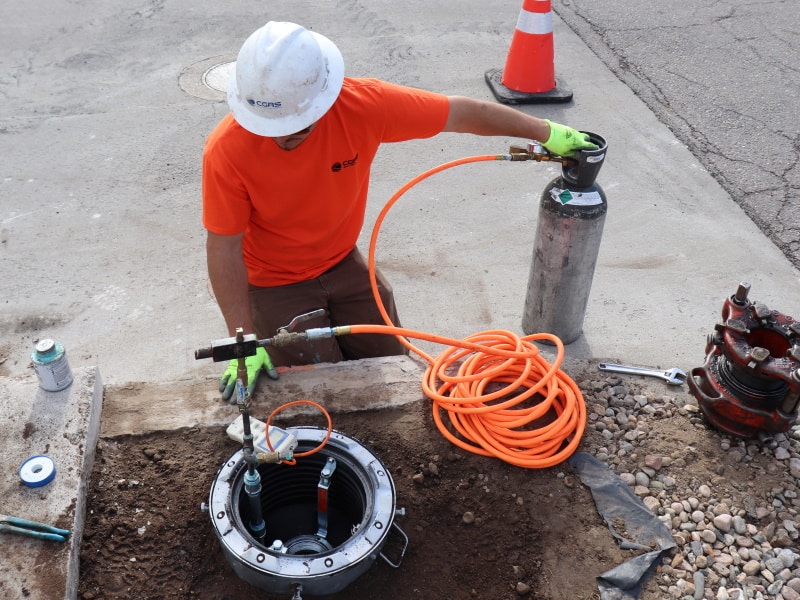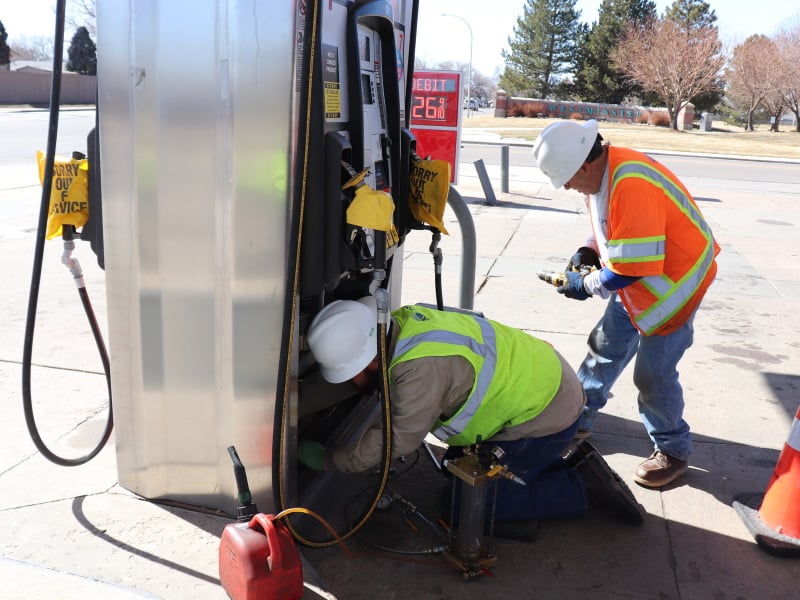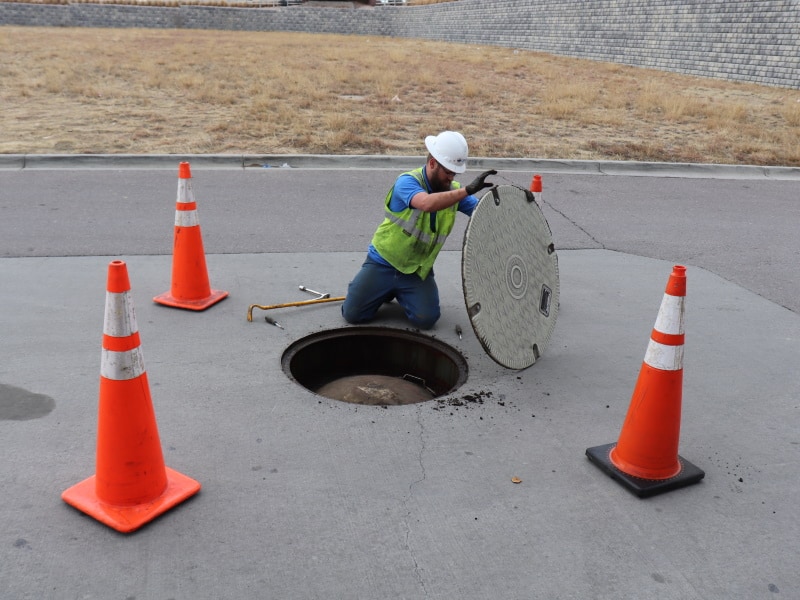Compliance News of Note
EPA won’t accept ‘sight-based’ fuel-system inspections
The Environmental Protection Agency (EPA) recently warned underground storage tank (UST) owners/operators against assessing the condition of their spill prevention equipment or sump based on sight.
The clarification comes after ASTM International (ASTM) published a new standard for spill bucket and sump testing that allows for “the naked eye, alone or in conjunction with various aids such as portable lighting, camera, or mirrors” to determine the equipment’s condition. In response, the EPA reminded the UST community that their states’ EPA-approved programs, as well as those that follow EPA guidelines, must perform liquid, pressure or vacuum testing of spill-prevention equipment and sumps.
“If owners and operators follow this standard and do not perform the correct testing requirements, they will be in violation of the regulatory requirements, and subject to appropriate enforcement,” said Carolyn Hoskinson, director of the EPA Office of Underground Storage Tanks (OUST), in a March 26 email to UST owners/operators. “I am personally very concerned that some in our community might get confused by this. Please help us in spreading the word that these procedures do not meet the requirements in 40 CFR § 280.35.”
CGRS experts recommend maintaining inspection, repair schedules during pandemic
In response to the Coronavirus pandemic, the Colorado Division of Oil and Public Safety (OPS) is giving underground storage tank (UST) owners/operators an extra 30 days to meet compliance deadlines that fell in March or April.
But owners/operators in states like Wyoming – who must comply with federal regulations – need to provide documentation that shows “the role COVID-19 played in any failure and the efforts taken to comply” to the EPA for any leniency for not meeting compliance deadlines.
Regardless of which regulatory authority your USTs fall under, the latitude either agency is granting is far from a free pass. UST owners/operators must still comply with regulations and, according to CGRS Compliance experts, the best way to do so is to stick with your testing/inspection schedule through this downtime if at all possible.
When stay-at-home orders are rescinded, the fuel stations that were set to undergo testing in May, June and beyond will remain on their compliance services providers’ schedules, making it difficult for those who would have had theirs completed earlier in the spring to get on the schedule. Whether they can complete their testing within the extra 30-day time frame is a risk they shouldn’t take.
The same issue exists for UST owners/operators who must adhere to EPA regulations, but they also need to provide proof that the COVID-19 had a direct impact on their ability to meet compliance deadlines. That is one more avoidable challenge to face once business assumes some normalcy again.
And if a facility experiences a leak or spill during this crisis, reporting and addressing it immediately remains critical to protecting human health and the environment as well as staying within the good graces of any and all regulatory agencies.
Customers can count on CGRS to inspect, test & repair fuel systems as scheduled
If you’re a CGRS customer, know that the CGRS Compliance Services team continues to perform testing, inspections and repairs for fuel systems to the greatest extent possible while adhering to the Center for Disease Control’s recommendations.
We are sticking to our regular schedule and working to provide service to customers who have may have experienced interruptions in their operations. We recommend that, if at all possible, that UST owners/operators proceed with testing, inspections, and repairs as planned and not risk repercussions from their state regulatory authority or the EPA when business returns to normal.
Our emergency response team members also remain on call to respond to any spills, leaks or other issues that may arise.
Call 800.288.2657 to discuss your facilities’ compliance schedule with our team or if you have a compliance emergency.






